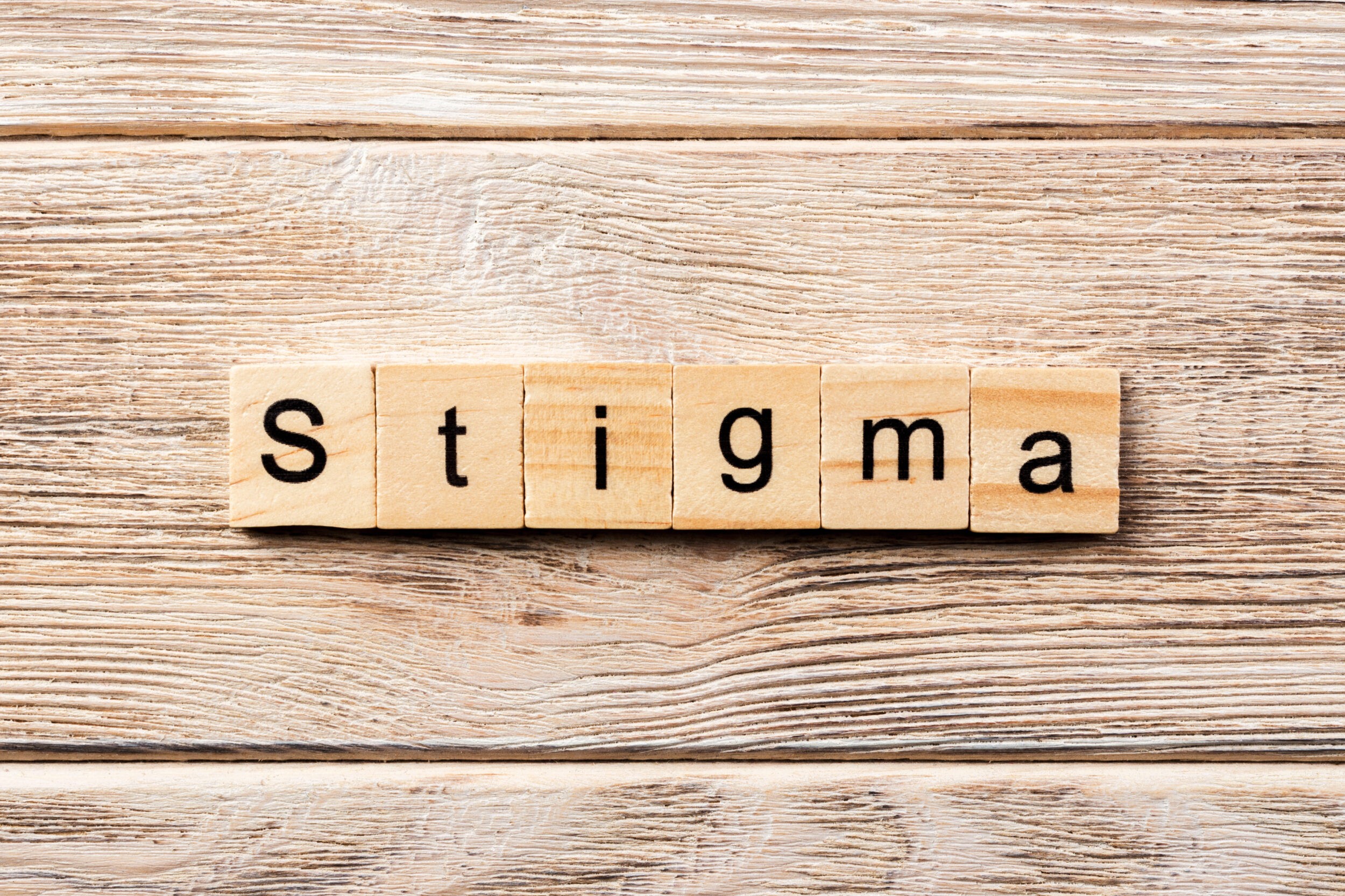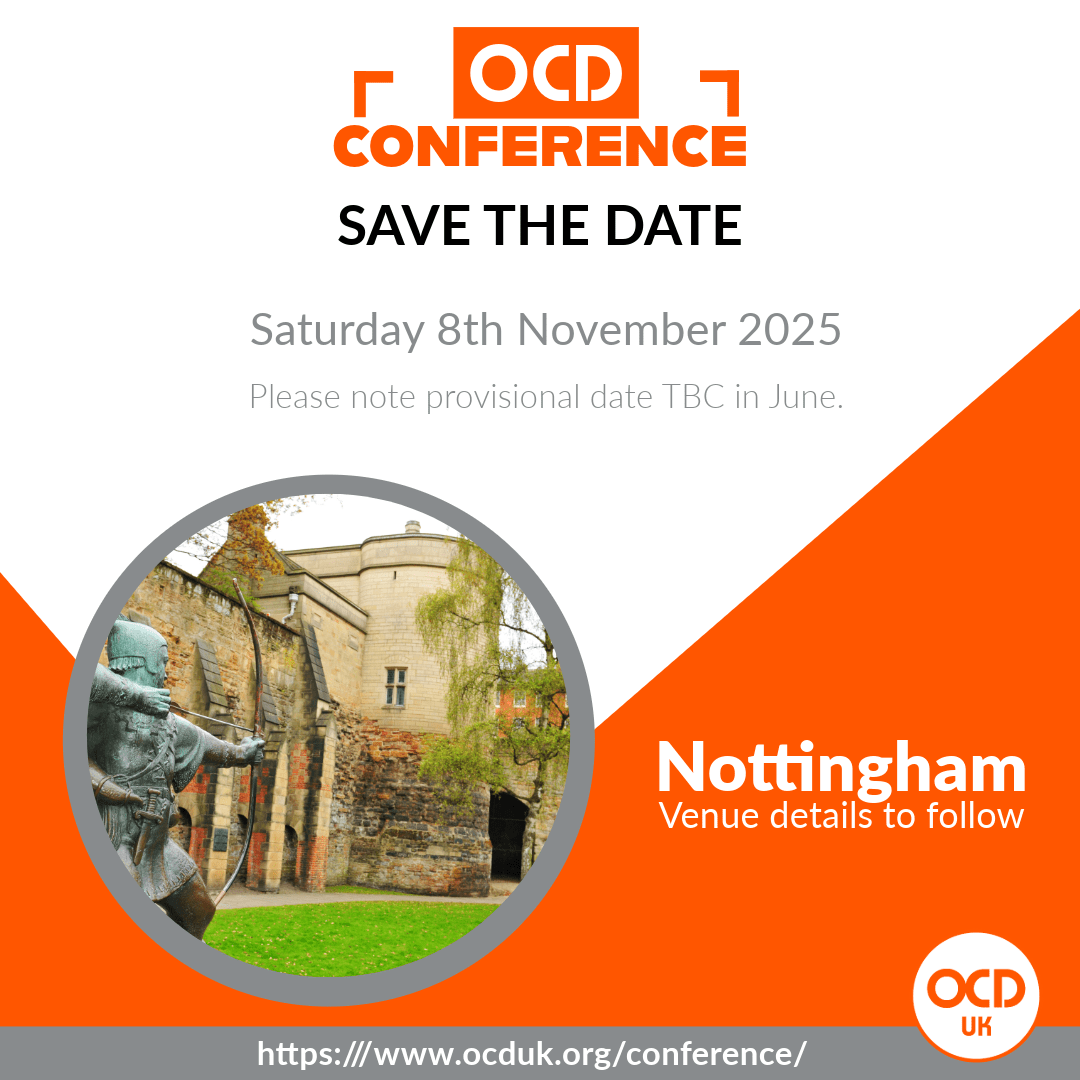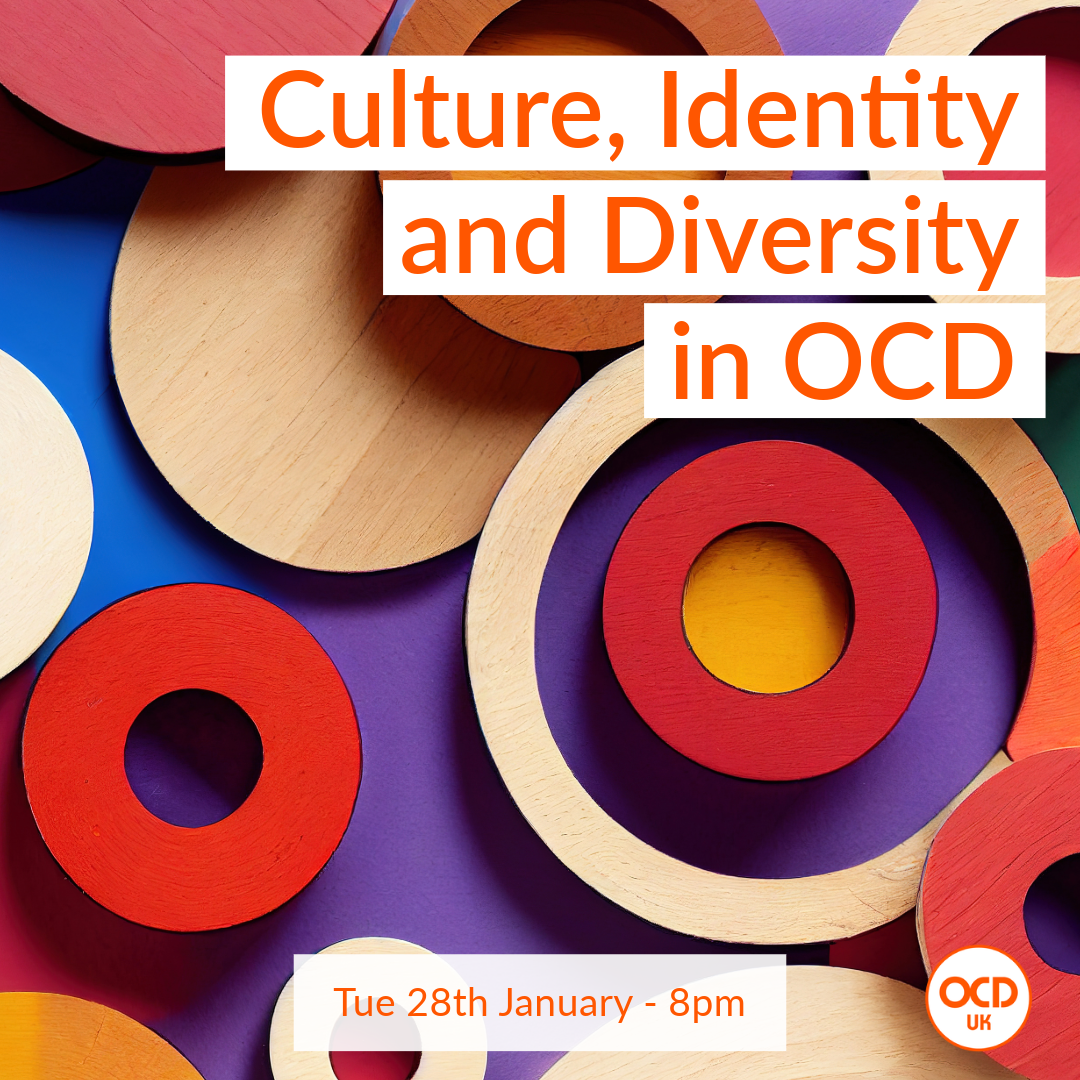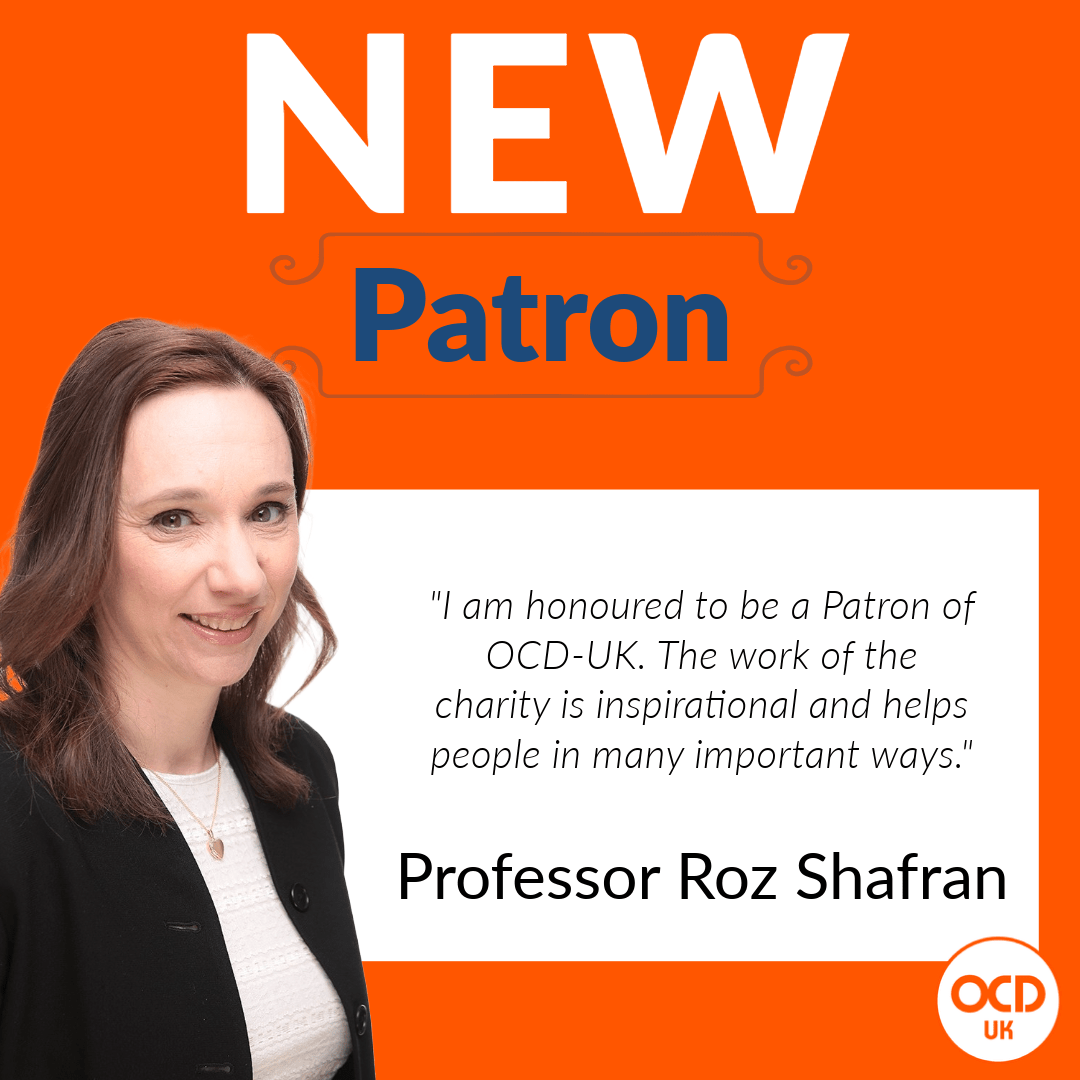OCD & Stigma
By Rachel

When I’d tell people in school that I had OCD they’d move my pen and ask how it made me feel. Or they’d put a red pencil in a pot full of blue ones and expect me to react. Sometimes they’d proudly say that they were a bit OCD too; they’d enjoy it when someone called their organised locker ‘OCD’, or they’d say that they wished they had OCD.
I’d think of the time when I wouldn’t get out of the car for school unless it was 8:37, and how I use so much energy fighting intrusive thoughts that fill my head. I’d think of the relief I feel after completing a ritual and then the dread that follows when OCD reminds me that I have so many more to complete. I’d think of all the pain this disorder has given me and how it affected and continues to affect my life. And I’d realise that those who haven’t experienced it rarely know what OCD really is. Obviously, they don’t know how it feels but they also don’t know that you can’t just be a bit OCD. That OCD is so much more than being clean, organised, and tidy. That OCD isn’t something you would want to wish upon yourself, or anyone at all. In fact, many people still view OCD as a quirky personality trait when in reality it’s far from that. OCD is thoughts that keep you up at night, compulsions that take up your day and a life with a brain that works differently. It’s a brain that tries too hard to protect you and this effort at protection creates fear, panic, and anxiety.
But while OCD will probably always have a place in your head it won’t always be the one in control: after all we are all so much more than our OCD.
Please complete our short, anonymous feedback form about Rachel's post























